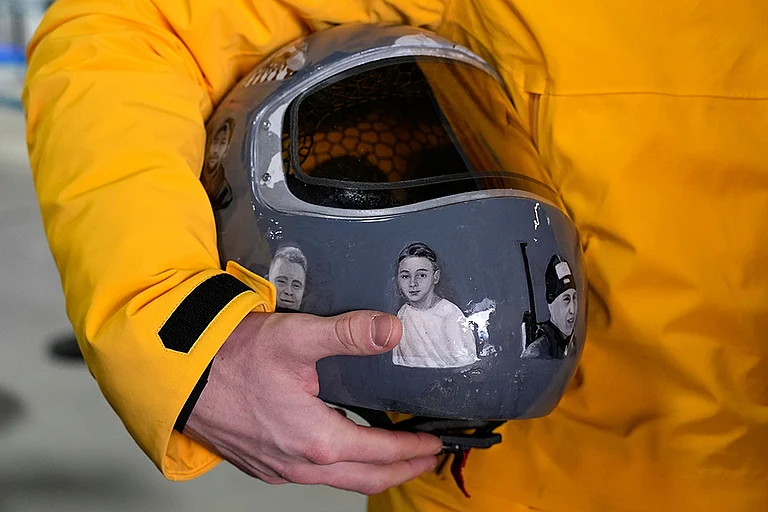How real is the metaverse? And if it transcends the physical realm, could the people and their actions on the metaverse fall under the purview of the legal structures set against actions that occur in the physical world around? These questions have rung warning bells as the British Police are investigating a case of a girl under the age of sixteen whose digital avatar was gang-raped by other avatars on the metaverse.
According to the report by the Daily Mail, the young girl's digital avatar was gang-raped by virtual characters in Virtual Reality (VR) setting. The officers investigating the case have spoken about the girl suffering immense psychological and emotional trauma following the incident. The VR experience, designed to be completely immersive and realistic, has cast a deep psychological impact on the young girl. The harrowing nature of the experience was amplified by the vibrations and other auditory effects from the VR headset that was in use. This event has, in all probability, triggered the first sexual offence investigation in the virtual realm by the British Police.
What is the Metaverse?
The metaverse is defined as a hypothetical iteration of the internet as a single, universal and immersive virtual world where virtual reality and augmented reality headsets are used as gateways to the world and the experience. The experience that has been utilised for enhancing exhibitionary and gaming purposes also focuses on the use of haptic technology to develop on the immersive experience. Lately as co-opted by the industry leaders as a buzzword, like following Mark Zuckerberg changing Facebook's name to Meta, the word has been doing the rounds in active technological discourses.
Sexual Predation in Virtual Reality Settings
In 2022, Nina Jane Patel, a researcher talked about her experience of being abused when she joined Meta's metaverse platform, Horizon Venues (now part of Horizon Worlds). She described the experience as one where "she was surrounded by three to four male-sounding and male-representing avatars, who started sexually harassing me in a verbal sense and then sexually assaulting my avatar." Writing on Medium about the experience she said, "Within 60 seconds of joining — I was verbally and sexually harassed — three to four male avatars, with male voices, essentially, but virtually gang raped my avatar and took photos. As I tried to get away, they yelled, ‘don’t pretend you didn’t love it." Meta put out a statement through an official stating that they were sorry to hear about Patel’s ordeal and wanted Horizon Venues users to have a “positive experience and easily find the safety tools that can help in a situation like this — and help us investigate and take action.”
According to experts, a personal safety barrier or a virtual bubble which the digital avatars can activate has been designed to protect the characters from unwarranted exchanges or experiences, but it often becomes difficult to ensure doing it owing to manipulation, urgency and lure of the virtual setting around. There has been growing concern for virtual offences and predators running loose on these platforms, with no virtual checks or filters available to screen the people getting on the realm. People have been calling for legislations to curb behaviours on these lines but experts argue that the legal complications involved to prove sexual assault without physical touch need to be taken into consideration before official calls for such.
Police are yet to name the platform on which the incident of the young girl took place. While sexual offences have been on the rise in the virtual realms, the conversation surrounding the applicability of laws and bringing the virtual perpetrators to justice continue to deepen, with offenders and victims hailing from different countries. Following this incident, Meta put out a statement reading, "The kind of behaviour described has no place on our platform, which is why for all users we have an automatic protection called personal boundary, which keeps people you don't know a few feet away from you."


























